HomeFeaturesSlay The Princess
Piracy, preservation, and the devs who don’t mind if you have to pirate their gameThe founder of the Video Game History Foundation and the devs of Slay The Princess on the place piracy has today
The founder of the Video Game History Foundation and the devs of Slay The Princess on the place piracy has today
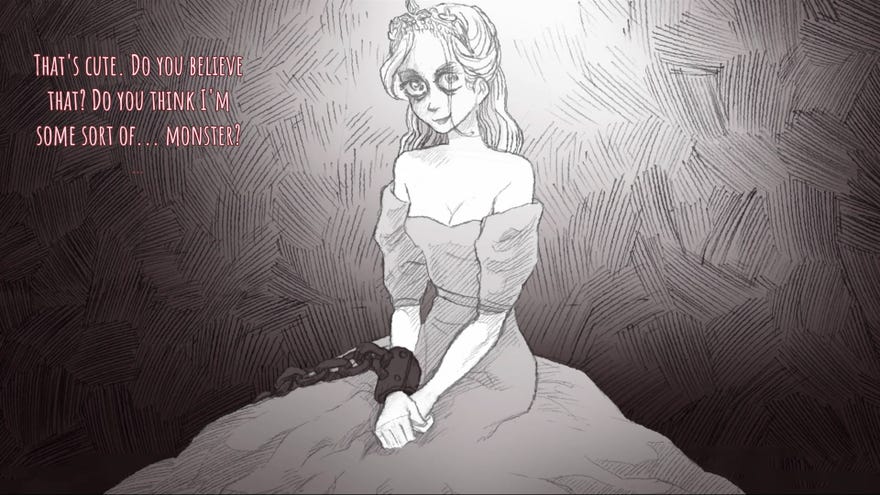
“Most of videogame history is alive and well due to the ability to pirate old video games,” Frank Cifaldi, founder of theVideo Game History Foundation, tells me over a call. Last year, the preservation and archival non-profit put outa study revealingthat 87% of games made before 2010 are out of print. “There’s no way to access them without either pirating them or buying antiques from vendors. That’s a scary place to be.”
RPS famously gave up console gaming in late 1872, shortly before the release of the first PC, but as console-focused as these sea changes are, they still point towards a worrying trend of dwindling consumer choice. Moreso in the wake of consolidation already reaping disastrous consequences. “The video game industry started essentially mimicking Hollywood,” says Cifaldi. “There’s basically five companies that own everything now. That sucks in a lot of ways.”
Talk of preservation inevitably leads to the ever-taboo topic of piracy. “Reading the temperature of how people are feeling about how they consume media right now,” says Cifaldi, “we might be coming full circle back to piracy being something that we need to be literate in, in order to be able to access the things that we love. Digital streaming scooped everything up and we all got content with it. We’re already seeing things wiped from existence before our eyes.”
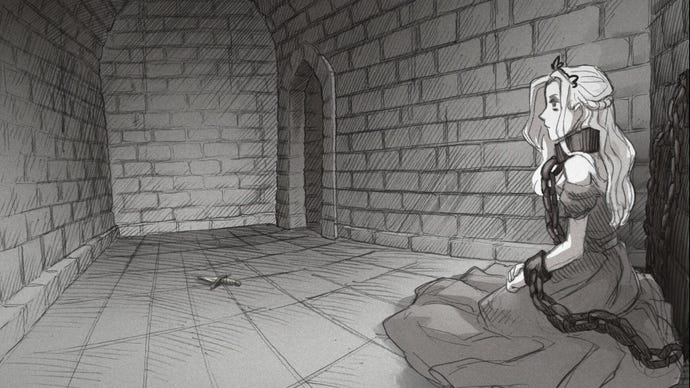
“I think at the end of the day,” says Howard-Arias, “people are, you know, they’re fundamentally good. I think that when folks have a meaningful experience with art, they want to support the artists who make those experiences. Neither of us here need to be that protectionist about it.”
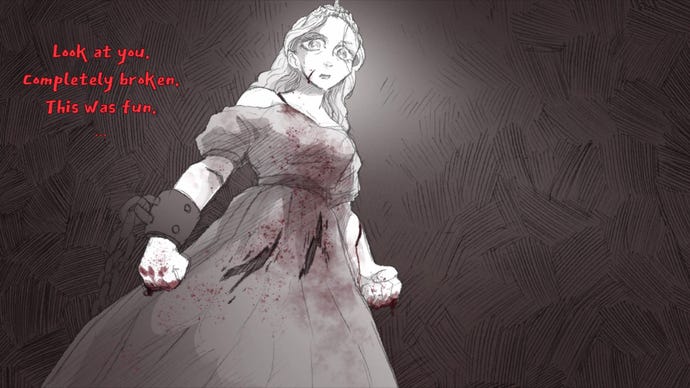
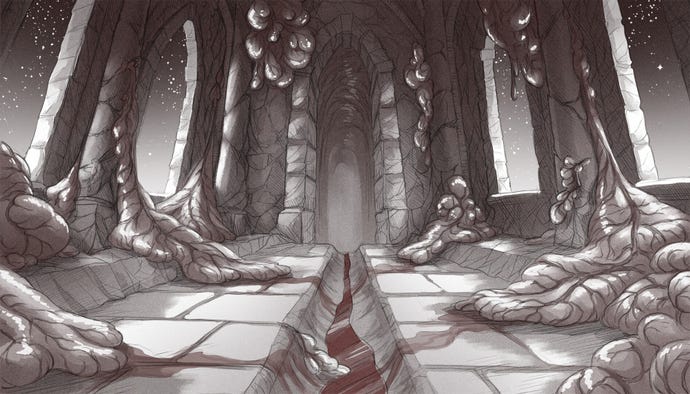
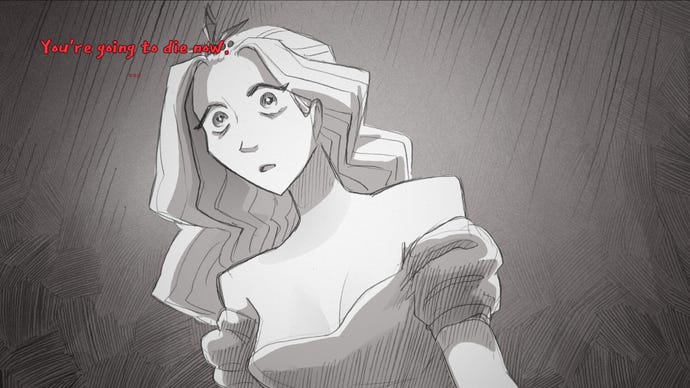
Meanwhile, Cifaldi says there are, at least, a few reasons to be hopeful about the future of preservation. “One of the hurdles toward a game staying in print, which is the question of of legal ownership and what company owns the code, I think that’s starting to be solved,” he says. “And the idea of remastering a game for the next hardware refresh has become normal.”
Still, though, is a strong note of caution. “I don’t believe that we’ve found a commercial solution for your video game staying alive forever. No one is against the idea of video game preservation, but companies and their shareholders are against the idea of not making a profit,” he adds. “It’s a technical black hole; It costs a lot of money to port a video game, and if the margins are just not there, then there’s not a business rationale to keep things alive.”
So, if anyone knows what a ‘torrent’ is, please let DM me. It sounds like they could be useful.